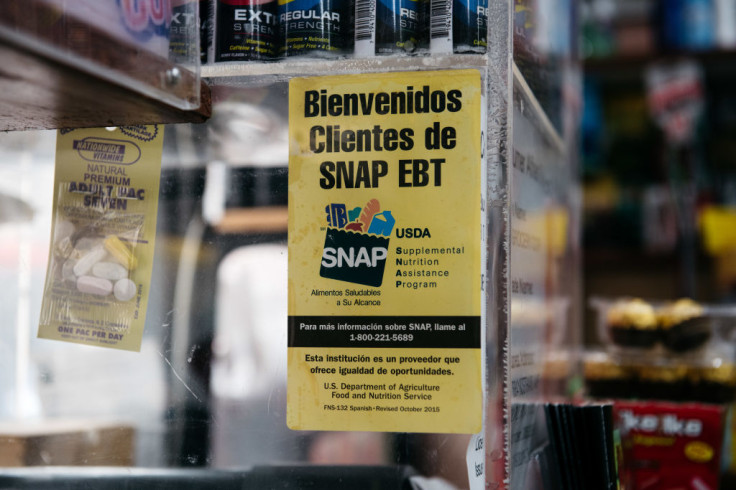
In a sweeping effort to limit federal benefits for immigrants, the Trump administration has introduced a series of policy changes that experts warn will harm not only undocumented immigrants but also U.S. citizens, especially children who live in mixed-status households.
While the administration says its goal is to preserve resources for citizens, researchers and policy analysts consulted by The New York Times argue the measures risk deterring eligible families from accessing vital services.
"The rhetoric essentially discourages people from using public benefits," said Valerie Lacarte of the Migration Policy Institute to The Times. "Even if you're eligible, you're letting the government know someone in your household may be undocumented."
At the center of the administration's agenda is a tax bill passed by The House last week which, among other things, restricts access to the child tax credit, making approximately two million U.S. citizen children with undocumented parents ineligible.
"In the real world, the money is going to the unlawful alien parents," argued George Fishman of the Center for Immigration Studies, a think tank that favors restricting immigration. But critics say this misses the broader impact. "They are the adults of this country going forward," said Boston University professor Dolores Acevedo-Garcia to NYT. "Do we want to disinvest in them now?"
The bill, however, goes much deeper into restrictions for immigrants as The Times explains:
"Immigrants who are authorized to live in the United States but are not legal permanent residents would no longer qualify for Medicare unless they fall under certain exceptions. The package would also bar those immigrants from receiving subsidized health insurance on marketplaces set up by the Affordable Care Act. Those changes could affect refugees, immigrants granted asylumand people with temporary protected status. It would also deny access to marketplace plans entirely for people brought to the United States as children who are currently protected under the Deferred Action for Childhood Arrivals policy"
The effect of these policies extends beyond tax benefits. The Department of Agriculture recently issued guidance requiring states to intensify identity and immigration checks for food assistance, citing $10.5 billion in improper SNAP payments in 2023. "It is our duty to ensure states confirm the identity and verify the immigration status of SNAP applicants," said Agriculture Secretary Brooke Rollins in the official statement communicating the resolution.
Similarly, in March, the Departments of Housing and Homeland Security signed a memorandum to enhance data sharing and exclude undocumented immigrants from federally subsidized housing. "The gravy train is over," said DHS Secretary Kristi Noem. HUD estimates more than 108,000 individuals currently live in mixed-status households receiving housing aid. If implemented, the policy could displace tens of thousands of children who are legal residents.
"These changes would punish citizens and other immigrants that have been eligible in the past," said Shelby Gonzales of the Center on Budget and Policy Priorities. While proponents argue the restrictions uphold fiscal responsibility, libertarian policy expert Alex Nowrasteh noted noncitizens account for only 3.5% of federal benefits: "The budget deficit cannot be plugged by kicking noncitizens off welfare."
© 2025 Latin Times. All rights reserved. Do not reproduce without permission.





